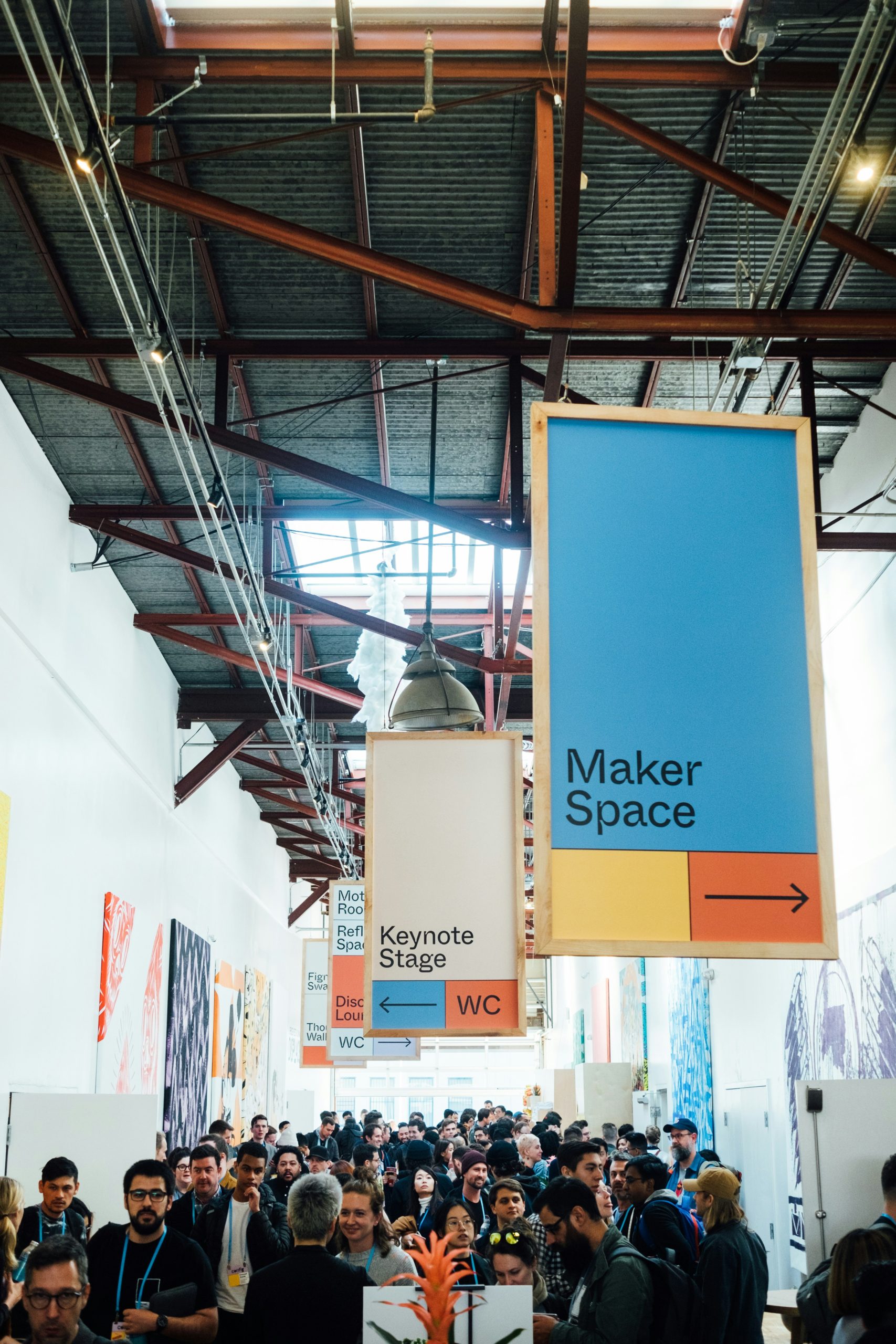With several African fashion events lined up this coming ember months, the African fashion scene is set to blow up once more with a vibrant display of colors and ingenious designs from premier designers and models.
Between November and December, the continent will host several high-profile fashion events, showcasing local talent, innovative designs, and the rich cultural diversity of the continent.
Here’s a look at 5 of these fashion events taking place between November and December.
1. GTCO Fashion Weekend:
Date: November 9th–10th, 2024.
Location: Lagos, Nigeria.
GTCO Fashion Weekend is a premier fashion event in Lagos, where the creativity of African fashion is celebrated on an international scale. Organized by GTB, the event is designed to bridge the gap between global luxury brands and Africa’s emerging fashion market. Attendees can expect an impressive lineup of runway shows featuring both local and international designers, highlighting cutting-edge styles and trends. What’s more, GTCO offers exhibition spaces as well as a series of masterclasses led by global industry leaders, making it a great opportunity for designers, aspiring models, fashion enthusiasts, and entrepreneurs to network and learn about the business of fashion.
2. Beauty West Africa:
Date: November 26th–28th, 2024.
Location: Landmark Centre, Lagos, Nigeria.
Beauty West Africa is more than just a fashion event; it's an event that celebrates beauty and the cosmetics industry. As one of the biggest beauty trade shows in Africa, this event brings together thousands of exhibitors, industry professionals, and attendees interested in beauty, skincare, and wellness products. This edition will highlight innovations in beauty technology, cosmetics, and grooming and will feature panel discussions with leading beauty entrepreneurs. For anyone involved in the fashion and beauty industries, this event offers valuable insights into how the beauty sector influences fashion across the continent.
3. Dakar Fashion Week (DFW):
Date: December 5th–8th, 2024.
Location: Dakar, Senegal.
Dakar Fashion Week is one of Africa’s longest-running fashion events. Because of this, it remains a crucial platform for showcasing the diversity of African fashion. Moreover, the event is known for promoting sustainability, with many of its featured designers incorporating eco-friendly practices and materials into their collections. Hosted in the vibrant city of Dakar, this year’s edition will feature runway shows in stunning settings, blending traditional Senegalese fashion with contemporary styles. Expect an exciting line-up of both local and international designers, each bringing a unique perspective to African fashion.
4. Swahili Fashion Week:
Date: December 6th–8th, 2024.
Location: Dar es Salaam, Tanzania.
Swahili Fashion Week is East Africa’s largest fashion event and a key player in promoting African fashion to the world. Established to provide a platform for designers from the Swahili-speaking regions of Africa, the event has since expanded to feature talent from across the continent. This 17th edition will be a three-day affair filled with dazzling runway shows, exhibitions, and workshops. The event emphasizes the promotion of local textiles and fashion entrepreneurship, making it an important event for young designers and fashion entrepreneurs.
5. Accra Fashion Week (AFWK):
Date: December 18th–22nd, 2024.
Location: Accra, Ghana.
Accra Fashion Week has quickly established itself as one of West Africa’s most exciting fashion events. Known for its electrifying runway shows and dynamic mix of both up-and-coming and established designers, the event highlights the creativity and innovation coming out of Ghana’s fashion industry. The 2024 edition will feature five days of fashion showcases, pop-up shops, and networking events. This event provides a platform for local designers to connect with international buyers and influencers, further solidifying Ghana’s position in the global fashion industry.
It is safe to say that these five African fashion events spotlight Africa’s creativity and growing influence in global fashion. As designers continue to experiment with bold prints, sustainable fabrics, and traditional techniques, Africa's fashion industry remains one to watch. Whether you’re a fashion lover or a professional in the industry, these events offer a glimpse into the future of African fashion while celebrating its deep cultural roots.
With that said, exhibitors can book a spot on GTCO, Beauty West Africa, (DFW, Swahili Fashion Week, and AFWK for a chance to introduce their unique designs and products to an enthusiastic audience.
Also, for a platform to display your products, Redcity specializes in designing and building captivating sustainable pods and booths within days. Visit here to lease a pod with us or request a quote here to customize one at an affordable rate.
You can also discover many of our other products and services here and visit our blog here to check out more exciting news and updates. Feel free to visit our newly launched YouTube channel here for more exciting content. And follow us on Instagram @redcityestate for any important announcements.Would you attend any of these African fashion events? Comment below!










